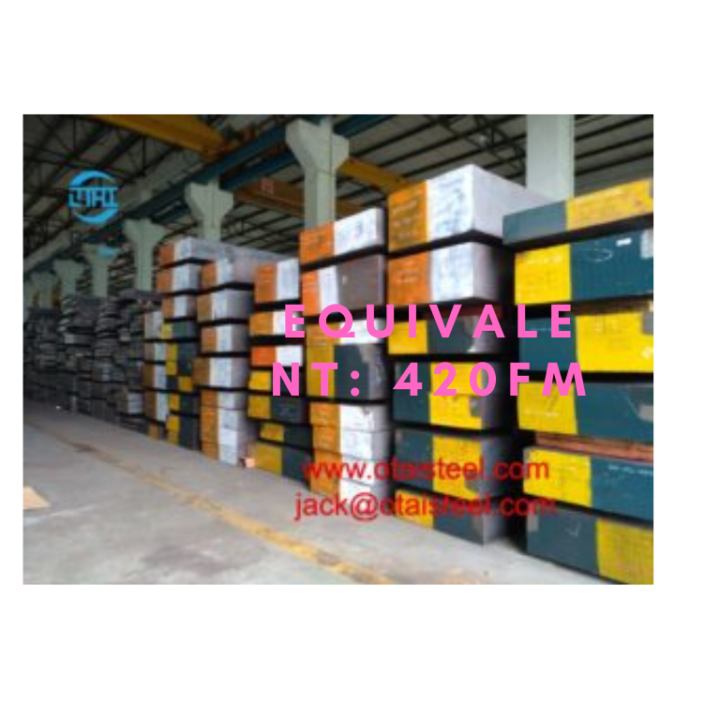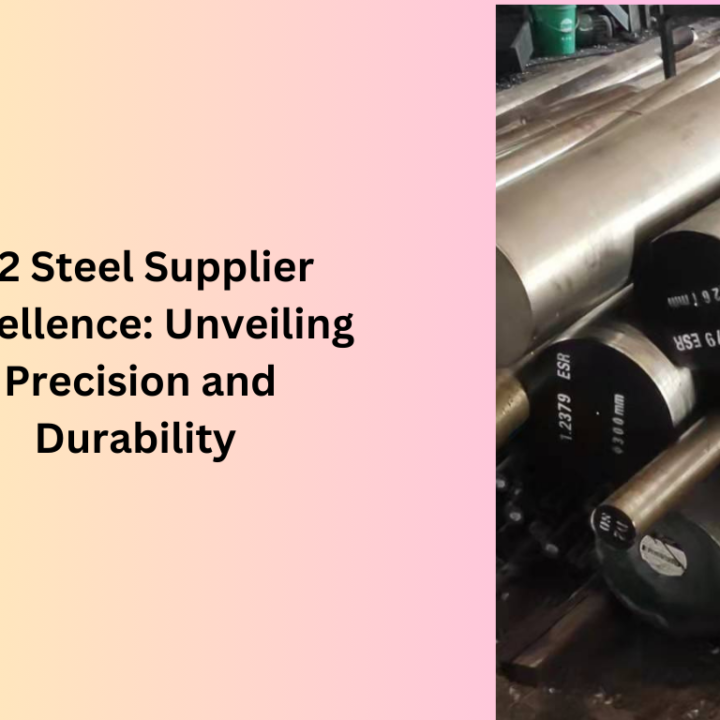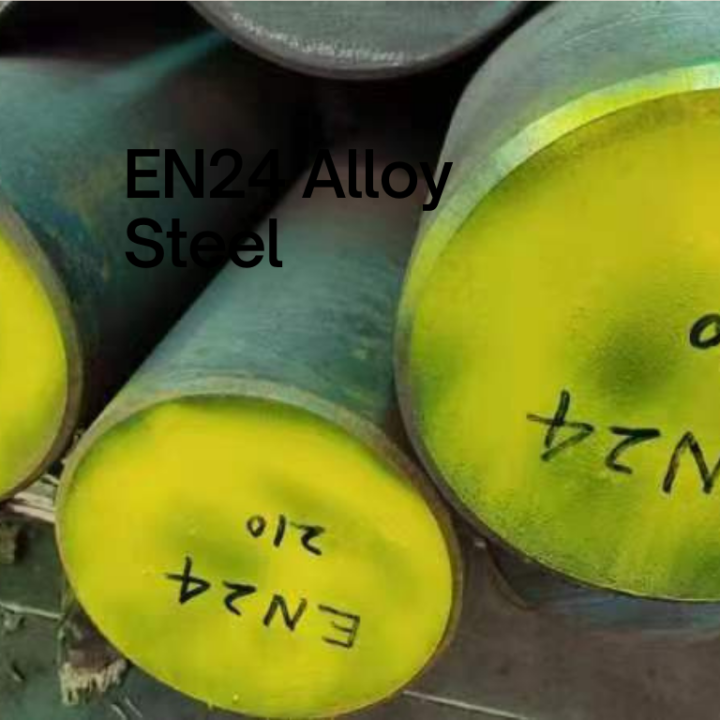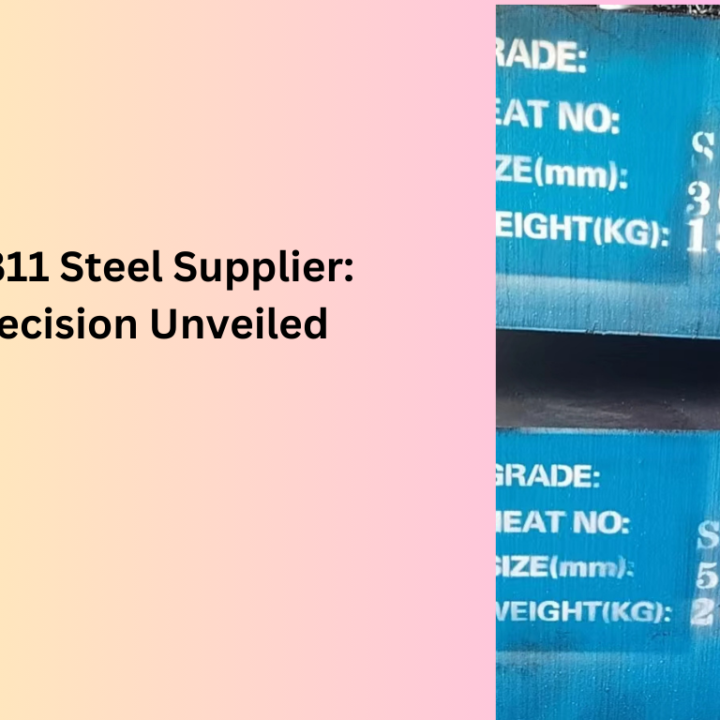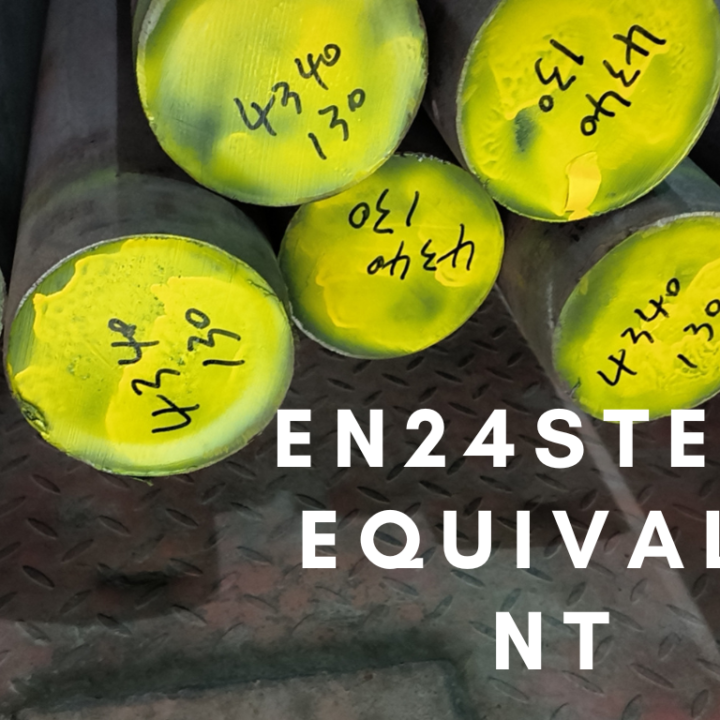U.S. steel producers, which prevailed in their push for the Trump administration to impose tariffs on imported steel and aluminum, have also proved equally effective—and far more effective than many other industries—at avoiding tariffs they don’t want.
Steel producers petitioned the U.S. Trade Representative in September for relief on 132 tariff lines, primarily for raw materials and chemicals used in the steelmaking process that members of the Steel Manufacturers Association import from China. They were able to get 66, or half, of them removed from the final list.
Overall, the U.S. took nearly 300 tariff lines off the list, meaning about one out of every five removals was backed by the steel industry. A tariff line can refer to a single product but sometimes includes more than one.
Most other major industry groups had a much lower success rate in petitioning for exemptions on the grounds that tariffs would hurt members’ ability to do business, according to a Wall Street Journal review of letters from more than a dozen groups that filed such requests to the USTR. The National Retail Federation and National Restaurant Association were granted less than 5% of their requested exemptions. The National Association of Home Builders got two of its nearly 500 requested exemptions removed from the list.
The greater rate of success seen by the steel industry, which has close ties to the Trump administration, has sparked criticism of preferential treatment.
“This type of process is relatively opaque and inherently prone to favoritism,” said Clark Packard, trade-policy counsel at the free-market think tank R Street Institute, and a former Republican policy adviser. The process of petitioning for relief from tariffs requires hiring international trade lawyers, a group of attorneys that Mr. Packard said is “relatively small and expensive to retain.”
Career staffers at the USTR made all the decisions regarding exclusions, a USTR spokesman said in a written statement. “By far, the sector that received the most exclusions by value was consumer products,” the spokesman said. “We completely reject the notion that favoritism played any role in this process.”
The 27-member Steel Manufacturers Association, whose biggest member is NucorCorp. , said the tariff lines it pushed to remove include products that aren’t available from domestic sources, either because there are no U.S. producers or because domestic producers can’t supply enough of them. Many of the petitions for relief from other industries made similar claims.
In March, President Trump pledged to impose tariffs on imported steel and aluminum. Steel-industry executives had championed that effort, saying they needed the tariffs to compete with cheap imports.
The industry continues to support the tariffs and the Trump administration’s trade objectives broadly. But “we wanted to inform the U.S. trade representative about the impact these tariffs would have on certain products that are critical for domestic steelmakers,” said Philip K. Bell, president of the Steel Manufacturers Association. As for the industry’s relative success in lobbying for relief, Mr. Bell said, “It’s really due to our hard work.”
More than 6,000 letters were submitted by different trade groups, small-business owners and corporations requesting exemptions from the final list.
The National Retail Federation, whose members include Amazon.com Inc. and Walmart Inc.,asked for the removal of 1,100 tariff lines and was granted 48 of its requests, including for high chairs and infant car seats. The Consumer Technology Association, whose members include giants such as International Business Machines Corp. and Samsung Electronics Co. , wanted to remove nearly 400 tariff lines; 10 were taken off.
The NRF said in a written statement that the final tariff list unfairly punishes U.S. companies and consumers because it includes a significant number of products made solely or mostly in China, and that it can take months or years for companies to find new suppliers.
The CTA said it was pleased to see the tariff line that includes parts for smartwatches was removed from the list but said retaliatory tariffs are a “bad policy.”
The National Association of Home Builders said the tariffs ultimately will result in a tax increase on housing of $2.5 billion.
The number of tariff lines exempted doesn’t fully reflect an industry’s lobbying success, partly because some lines can account for a much bigger dollar value than others. For instance, the steel industry’s 66 exemptions accounted for about $600 million in Chinese imports last year, out of about $8.3 billion of Chinese imports removed from the list. The total figure excludes the tariff line for smartwatches that Apple Inc. and others succeeded in getting removed from the list.
U.S. Steel Corp. , which isn’t part of the steel trade group, petitioned unsuccessfully for more Chinese imports to be added to the latest tariff list, including tin-mill products. The Pittsburgh-based steelmaker said the exclusion of these products would likely cause “disproportionate harm to other U.S. commercial interests.”
The steel industry’s ties to the Trump administration include Commerce Secretary Wilbur Ross, who led the process resulting in global steel and aluminum tariffs earlier this year and had long been an investor in steel companies. U.S. Trade Representative Robert Lighthizer previously spent two decades as a corporate lawyer, often representing the steel industry. A former member of Mr. Lighthizer’s staff, Jean Carroll Kemp, joined the steel trade association in January as a senior vice president.
The Steel Manufacturers Association said it is “not unique in having hired former government officials for their expertise and analysis of trade issues, consistent with post-government employment ethics rules.”
Some trade experts and industry representatives say the system is geared toward companies with the most resources and access to government officials.
“If you have a close relationship then you can make a case,” said Kerry Stackpole, executive director of Plumbing Manufacturers International, which only got four out of 75 tariff lines removed from the list.
Mr. Bell said there was no advantage for his steel-industry group. “We just followed the instructions like everyone else and worked hard to represent our members’ interests,” he said.
